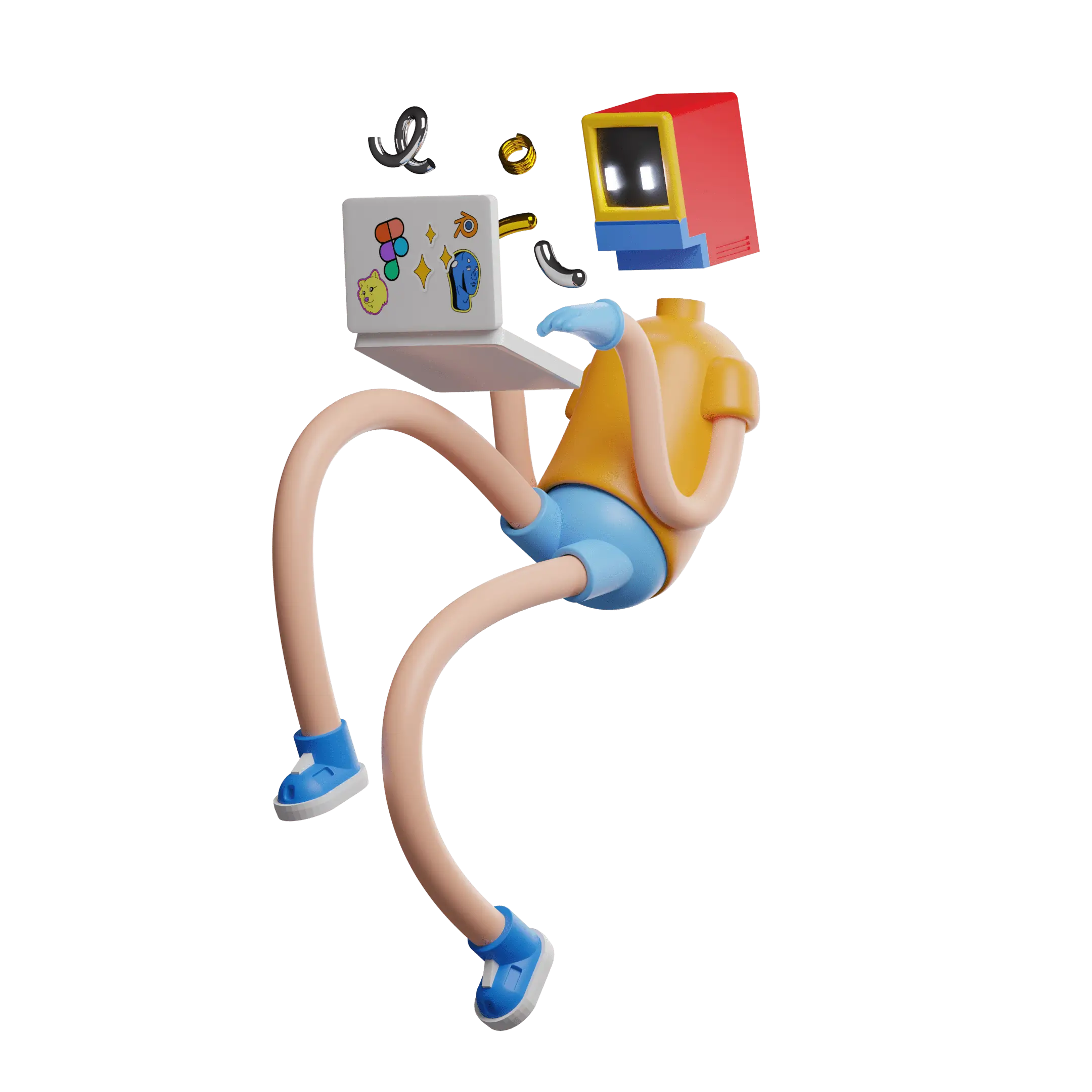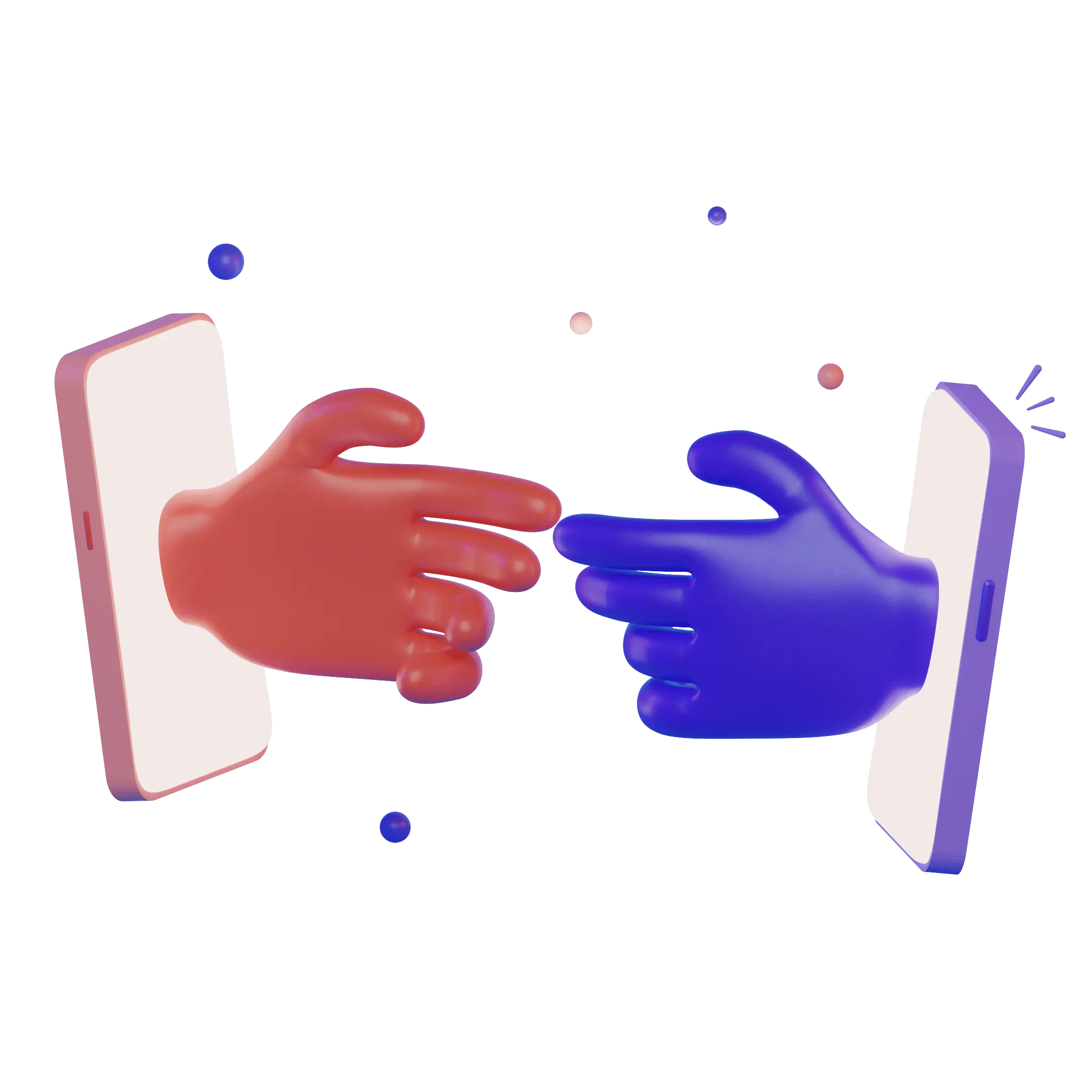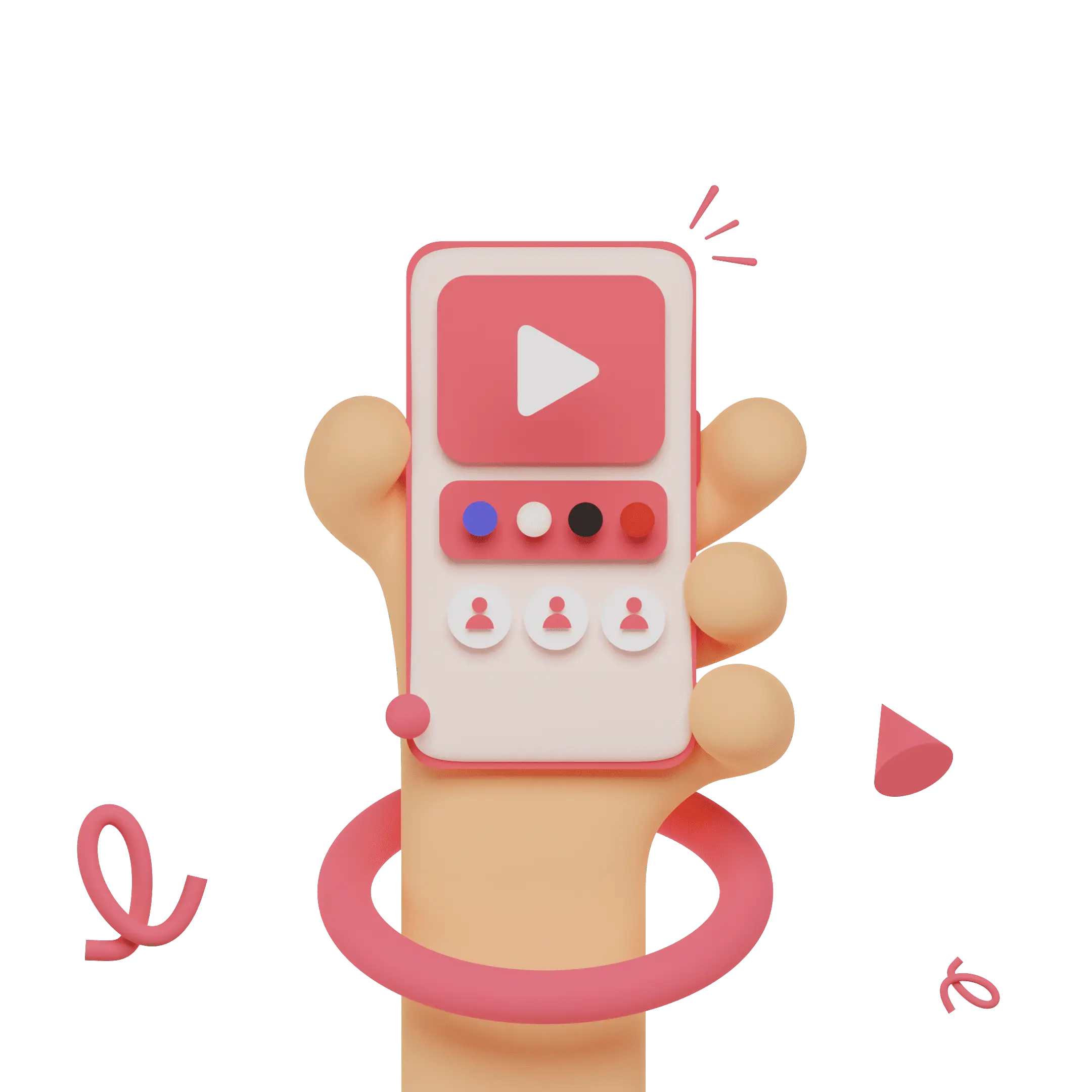Empowering Businesses with Cutting-Edge Software Solutions
We deliver full-cycle software development services, enabling companies to launch, adopt advanced technologies, and grow with digital-first strategies. We aim to enhance customer and employee experiences, gain competitive advantages, and boost internal efficiency. Join countless businesses that have thrived with our award-winning strategies!




Our Work Speaks For Itself














Transform Your Digital Presence with Our Expertise!
Our Innovative Software Solutions!
Database Services
Provide comprehensive management to keep your systems running smoothly, expert consulting to optimize performance, and thorough tier assessments to align your infrastructure.

DevOps Solutions
Revolutionize your operations with our DevOps solutions to leverage the full potential of cloud technology. We provide end-to-end solutions to streamline your workflow and enhance security.

Design Excellence
Make a lasting impression with our design services. Create intuitive and engaging user experiences. Define your unique identity and strengthen your market presence.

Development Services
Whether you need custom web development or a WordPress website design, our team delivers high-quality solutions tailored to your needs.

Mobile App Development
Stay ahead in the mobile-first world with our expert mobile app development services. Our iOS and Android development teams build high-performing, user-friendly apps that engage your audience and drive business growth.

Supercharge Your Business with Top-Notch Software Solutions!
Whether you need cutting-edge web development, innovative app design, or DevOps solutions, our team is here to help.
Industry-Experienced Developers, Driving Innovation


Get Into Touch
Have a Project Plan in Mind?
Lorem ipsum dolor sit amet, consectetur adipiscing elit. Phasellus ultrices magna vel lorem molestie.
Your Search Ends Here!
See why businesses rely on our software solutions to drive their success.

Years of Experience
Successful Client
Revenue Generated
Dedicated Developers
Flexible Solutions for Everyone
Whether you need dedicated hourly support or a complete project-based solution, our team is ready to deliver exceptional results tailored to your goals.
Our Tech-Driven Mastery!
At Tambena Consulting, we're your trailblazers in software excellence, utilizing the latest technologies to craft bespoke solutions for every project.
-
Framework/Stacks
-
Ruby on Rails
-
Core PHP
-
Xamarin
-
JavaScript
-
C#
-
ASP.NET
-
Laravel
-
CodeIgniter
-
Front-end Technologies
-
Angular JS
-
Ember JS
-
jQuery
-
React JS
-
React Native
-
Vue JS
-
HTML 5
-
Custom CSS
-
Cloud Services
-
Amazon AWS
-
Azure
-
Google
-
UI/UX Design
-
Adobe Creative Suite
-
Figma
Overcome Your Business Challenges With Advanced Software Solutions!
Technological Competitive Edge
Technological Competitive Edge
Gain a significant advantage over competitors by leveraging cutting-edge technologies tailored to your needs. We integrate advanced solutions that position your business at the forefront of innovation, ensuring you stay ahead in a rapidly evolving market.
Reduced Time-To-Market
Reduced Time-To-Market
Accelerate the launch of your services with our streamlined web development processes and agile DevOps methodologies. By optimizing workflows and eliminating bottlenecks, we help you swiftly bring new offerings to market, seizing opportunities before competitors.
Increased End-User Satisfaction
Increased End-User Satisfaction
Enhance customer satisfaction with intuitive and user-friendly web designs. We focus on user experience design and functionality, ensuring that your business not only meets but exceeds customer expectations, leading to higher retention rates and positive reviews.
Efficiency & Productivity Boost
Efficiency & Productivity Boost
Drive operational efficiency and productivity gains across your websites. Through database management, custom website development, and scalable branding solutions, we help you achieve sustainable growth.


